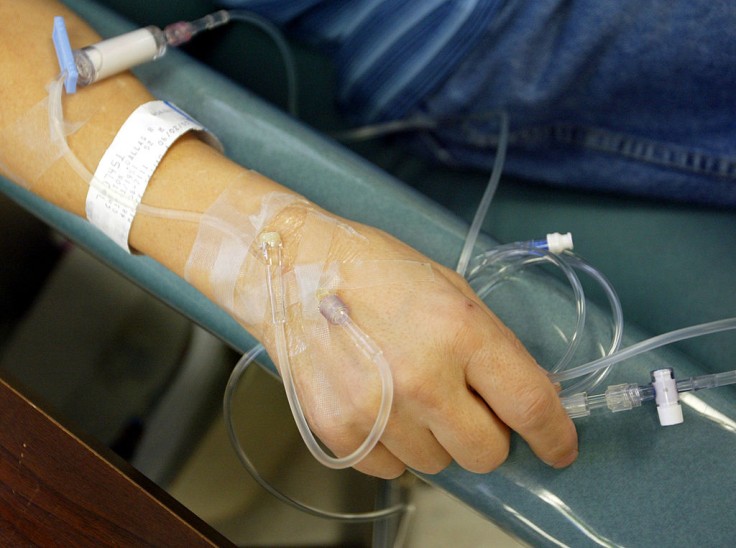
A couple was gifted with a miracle baby after they both thought they would have fertility problems due to the chemotherapy they underwent as teenage cancer survivors.
To beat the disease, Chris Berns, 31, and Laura Hunter, 29, underwent a series of treatments in their younger years. Today, however, they are now parents with a bright future after such dark years in their lives.
Chris and Laura did not have opportunities to freeze their egg or sperm, as young cancer patients are usually advised that they need to start their chemotherapy as soon as possible. Chris was diagnosed with rare Ewing Sarcoma at 17 years old. Laura had acute lymphoblastic leukemia at 16.
Battling Teenage Cancer Took them to Darkest Places
Chris told Mirror that their disease took them to the darkest places. Because of his condition, he lost the use of his limbs temporarily as Ewing Sarcoma affects the bone tissues. He was paralyzed from the waist down.
Chris had to go through 14 rounds of chemotherapy and needed surgery to remove the tumor and blood clotting on his spinal cord. Though the doctors broached the idea of freezing his sperm, getting better was his priority.
Laura, on the other hand, was in chemotherapy for 30 months and went through a series of pain and tiredness that drained her body. Like Chris, she also assumed that she wouldn't be able to have a baby if she beat this cancer.
Though the treatment is essential for a cancer patient's survival, chemotherapy may affect the reproductive organs, especially in female patients. The alkylating agents of this treatment may stop the release of estrogen and eggs; thus, some women with cancer won't have their monthly periods.
According to Cancer.Org, menstruation and fertility may return when the treatments are completed. For some women, however, the damage to their reproductive organs may be permanent. In male patients, infertility may happen if their cancer and cancer treatments affect organs that must work properly to reproduce.
Teenage Cancer Changed their Lives
Their lives crossed paths initially after meeting at an event for teenage cancer survivors organized by the Youth Cancer Trust in 2010 in the U.K. They started dating three years after that event and decided to live together in 2018.
After years of treatments, Laura was given an all-clear for cancer. Chris is in remission but needs annual scans to monitor his health. While Chris and Laura adjusted to their new lives and jobs as cancer survivors, the pandemic struck. They had to stay indoors and work from home because their immunities were compromised.
Staying at home meant less stress from their environment, which may have contributed to their bodies getting better and better. At this point, the pair had not been using contraception for two years and conceived Willow naturally. Willow recently turned a year old.
Despite their cancer journey, the new parents said they would not change a thing about their lives. Because of cancer, they met, found hope, and gave birth to their miracle baby.
"It is almost worth it in a way now because of everything we have got," Chris said, per Birminghammail.
Related Article: Pregnant Mom Says Prenatal Care Helped Catch Her Breast Cancer Early